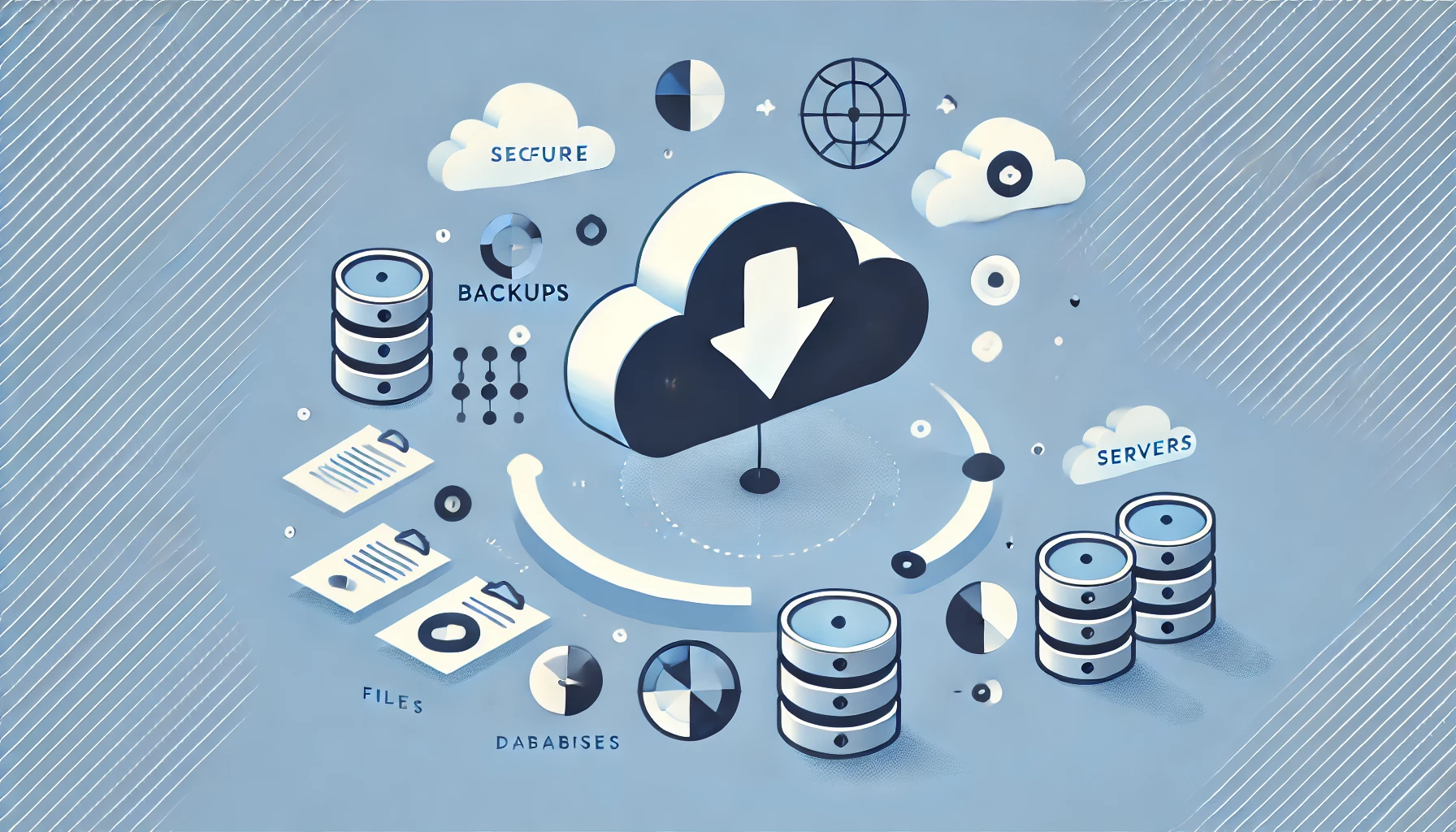Backups: The Unsung Heroes of Data Security

In today’s digital age, data is businesses, individuals, and governments’ lifeblood. For Australians, safeguarding data is more critical than ever, as the interconnected nature of our economy leaves us vulnerable to disruptions. Implementing a robust backup strategy is one of the simplest yet most crucial ways to protect against data loss. Backups are more than a safety net – they’re essential to cybersecurity and business continuity.
The Australian Data Security Landscape
Australia experiences countless cyber incidents annually, from ransomware attacks to accidental data losses. The Australian Cyber Security Centre (ACSC) consistently emphasizes the importance of regular backups as part of a comprehensive cybersecurity strategy.
The risk of losing critical data has grown with the increasing adoption of remote work, cloud storage, and digital services. Small businesses, in particular, are often unprepared for these risks due to limited resources. Reliable backups can mean the difference between recovery and closure for these organisations.
Why Backups Matter
Backups ensure that your data can be recovered, no matter the cause of the loss. Here’s why they’re indispensable:
- Protection Against Ransomware: A ransomware attack can encrypt your data, rendering it inaccessible unless you pay a ransom. A recent ACSC report revealed that over 1,000 ransomware incidents hit Australian businesses in 2023 alone. A well-maintained backup can help you restore data without succumbing to extortion.
- Accidental Deletions: Human errors, such as deleting critical files or misconfiguring systems, are among the leading causes of data loss. Backups provide a quick way to undo these mistakes.
- Natural Disasters: Fires, floods, and other disasters can destroy physical servers and devices. Off-site backups ensure that data remains safe regardless of location-specific events.
- Compliance Requirements: Many Australian industries are subject to data retention regulations under laws such as the Privacy Act. Backups help organisations maintain compliance and avoid legal repercussions.
Common Backup Mistakes
Despite their importance, backups are often mishandled. Here are some common pitfalls:
- Not Testing Restores: Backups are useless if they cannot be restored. Organisations frequently fail to test their backups until it’s too late.
- Infrequent Backups: Outdated backups may result in significant data loss. Frequent backups, aligned with business needs, are critical.
- Single Backup Location: Storing backups in the same location as the primary data exposes them to the same risks, such as physical theft or malware attacks.
The Cost of Neglecting Backups
For Australian businesses, failing to implement an effective backup strategy can have serious consequences:
- Financial Losses: The ACSC estimates that the average cost of a ransomware incident in Australia exceeds AUD 250,000. Without a backup, businesses often face much higher recovery costs.
- Reputation Damage: Losing customer data due to inadequate backups can erode trust and impact long-term viability.
- Operational Downtime: Recovery from data loss without backups is slow and often requires rebuilding systems from scratch, causing extended business interruptions.
Backup Best Practices for Australians
- Follow the 3-2-1 Rule:
- Keep three copies of your data.
- Use two different types of storage media (e.g., cloud and external drives).
- Store one copy off-site to protect against local disasters.
- Automate the Process: Set up automated backups to ensure consistency and reduce the risk of human error.
- Encrypt Your Backups: Protect sensitive data by encrypting backups during transit and at rest.
- Test Your Backups Regularly: Perform routine restoration tests to ensure your backups are functional and complete.
- Use Managed Services: Partnering with a Managed Service Provider (MSP) ensures backups are consistently managed and monitored.
- Diversify Backup Locations: Leverage cloud storage while maintaining physical backups for an extra layer of security.
The Way Forward
In Australia, the digital landscape will only become more complex and interconnected. By prioritising backups, individuals and organisations can protect their critical data from daily threats. As the ACSC advises, backups are not just a convenience—they’re necessary for resilience in the face of adversity.
For businesses, investing in backups is investing in the future. Whether through automated cloud solutions, physical drives, or managed services, the time and resources spent on backups today could save you immeasurable costs tomorrow.
Take action now: Audit your backup strategy, automate the process, and ensure your data is safe. Your peace of mind depends on data in a world where data is everything.
